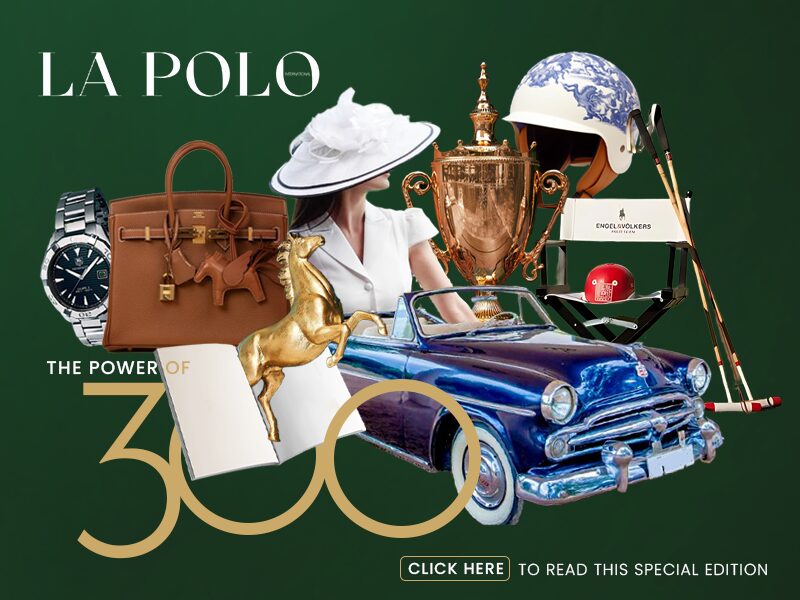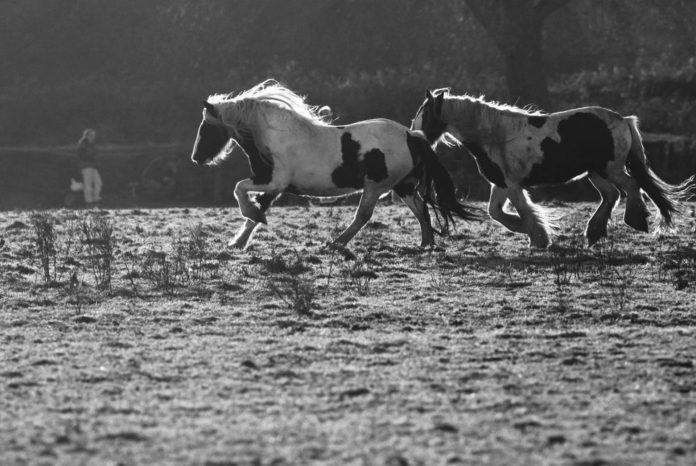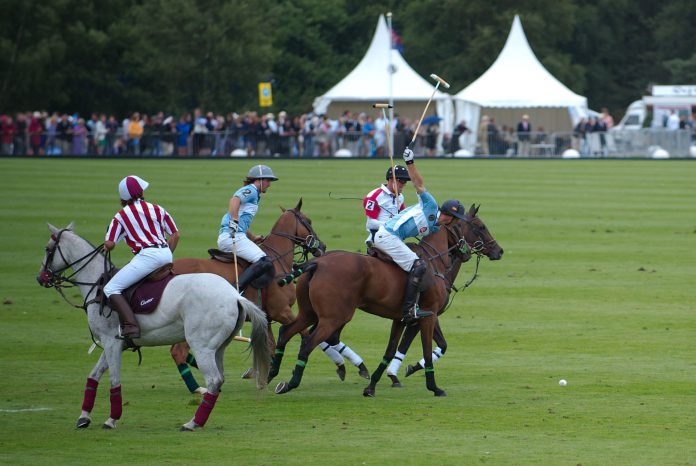Now and again individuals begin riding for some relative or legacy reasons, some as a game, some as adoration for horses, while at outrageous areas in mountain locales, where they are essential means for transportation and commutation! Horses and horse riding is everywhere around us. What all of these reasons for starting to ride and for using horses have in common is that they only benefit the human!
Wild horses wouldn’t choose to do any of these things unless forced or manipulated to do so. A horse that hasn’t been conditioned would not naturally come up to a human and offer up their backs to carry us or Offer their strength to pull our carriages and logs.
“We always find it important not to look for the reasons for one’s own actions in other people. Of course, there are people who are currently still very dependent on the horse as a means of transportation for example. But they live in a different situation and this has to be looked at individually. We, on the other hand, keep horses for our own pleasure. Therefore, we should always look at the why behind our actions and not just do it because society deems it ok. For example: Just because some people like to use shock collars on their dogs, doesn’t mean everybody has to do so.”, says Fenza, who gave up riding for the love of the horses.
Fenza fell in awe of horses as a little girl– of their beauty, the movement, their strength but also of their gentleness and their willingness to create harmony. “When I was 9 years old, I was gifted a few riding lessons by my family and that got me permanently hooked on horses. I loved being with them. The way that was socially acceptable to do so back then was to ride them. If that’s what you see all around you, you come to believe it’s the way it’s supposed to be – what’s normal. So I went on riding throughout the years. At first only once a week, then after a couple years I started leasing horses and usually rode 3-4 times a week. I started riding and training the more difficult horses and started teaching a little bit. About 6 and half years ago I got my own first horse, a wonderful mare named Garzi.”
I believe I was so drawn to horses (all animals) because they were my escape from everyday life – they gave me something our human world couldn’t. I think this is the case for many people. Horses can give us something in our life that we rarely get from other humans: true unconditional love and the power to create movement and harmony with such a big, strong being who could easily kill you if it wanted to.
There’s this power-hungry side of some people that feels good about being able to control an animal larger and stronger than us, making us feel strong – at least in one aspect on our life. And since the horses are so willing to please and don’t want to fight, they usually end up accepting whatever the human wants.
And if they don’t, then what happens? We humans invent and use different methods and tools to make our horses do what we want. Like a puppeteer with their puppets. The big difference is that a horse is a living animal and most of these tools and methods use force and pain to reach the goals the human wants with the horses.
“My mare started me on this path to become a gentler horse-woman who actually really, truly listened to what the horses had to say. Garzi was one of those horses that didn’t just do whatever the human asked of her – she fought. At first there were a lot of subtle signs. These increased to unwillingness to be ridden, bucking, rearing. I know a lot of people will think of these things and see a naughty horse – I used to think that as well. I thought it was just my training method that I had to take a look at. When that didn’t help I had vets, physiotherapists, chiropractors, and the vet-clinic take a look at her – with no luck and no improvement worth mentioning. I tried everything I could think of – anything except doing what I should have done all along: REALLY listen to my mare.”
“When I did finally start listening, because I had run out of other options, our relationship became so much better, so much deeper – we were finding mutual communication on equal ground. Or so I thought at the time. Yes, I had gotten better at listening to her, but in the end I still wanted her to do what was mostly fun for me. All of that has changed now. Garzi isn’t in my life to make me feel better. I chose to become her guardian. That means it is up to me to make sure she has the best life possible. She gets to decide what that looks like though. Of course I make sure she’s physically healthy – I make sure her hooves are trimmed regularly, her teeth are checked etc. But aside from these necessities, Garzi is the one who gets to choose if she wants to participate in doing something together or not.”
I don’t think being a horseback rider makes us who we are. We might believe that, because it’s the one thing where we can feel “ourselves”, where we can feel in control – but if we have to force it, is that the human being we want to be? And do we really know who we are deep down? Or do we just know who we want to be? Do we want to be someone who feels better, who feels empowered by forcing their will on another being? Or do we want to find out who we are beneath that? Can we learn to be happy with ourselves and then meet the horse eye to eye and start a true friendship instead of having them slave away for us?
Giving up riding gives us the chance to find out who we really are – who are we under the façade we’ve built around us. Who can we be when we when we meet the horse as an equal? What can our relationship be like when they aren’t our subordinates anymore, but when they become our friends and partners?
Sometimes the horse is hindering perhaps more than once or possibly he’s hesitant about being gotten. After a drowsy warm-up, he appears to be discouraged and you kick him somewhat more constantly or perhaps he drops his head lower and lower. They show signs but sometimes they are overlooked more unintentionally than intentionally like you said it takes time to understand their mental well being. This needs to be realized by the owners in a sooner the better way.
Most of these signs are overlooked because in our society they are seen as “normal”. These horses are called naughty, ill-mannered or maybe the rider is deemed too weak for the horse. We are not taught to ask for the real reason behind these behaviors. Most of us are only taught how to manipulate the horse’s behavior in a way that suits us, that gives us well-mannered, perfectly trained robots.
I believe some fundamental things need to change. We need to realize that we’re the ones holding these animals captive. That is our choice. These animals have everything they need to live a happy, healthy life if we provide them with the necessary space. We do not need to cause them harm in any way.
This may be an extreme example, but I believe it’s a very accurate one. Let’s say we’re talking about human slaves – where’s the difference between those and horses? Both are held captive against their will, both are forced to work just to live, both are used in ways the “masters” see fit. Even in this day and age, horses are our slaves, because we come up with more powerful and damaging tools each time a previous one fails.
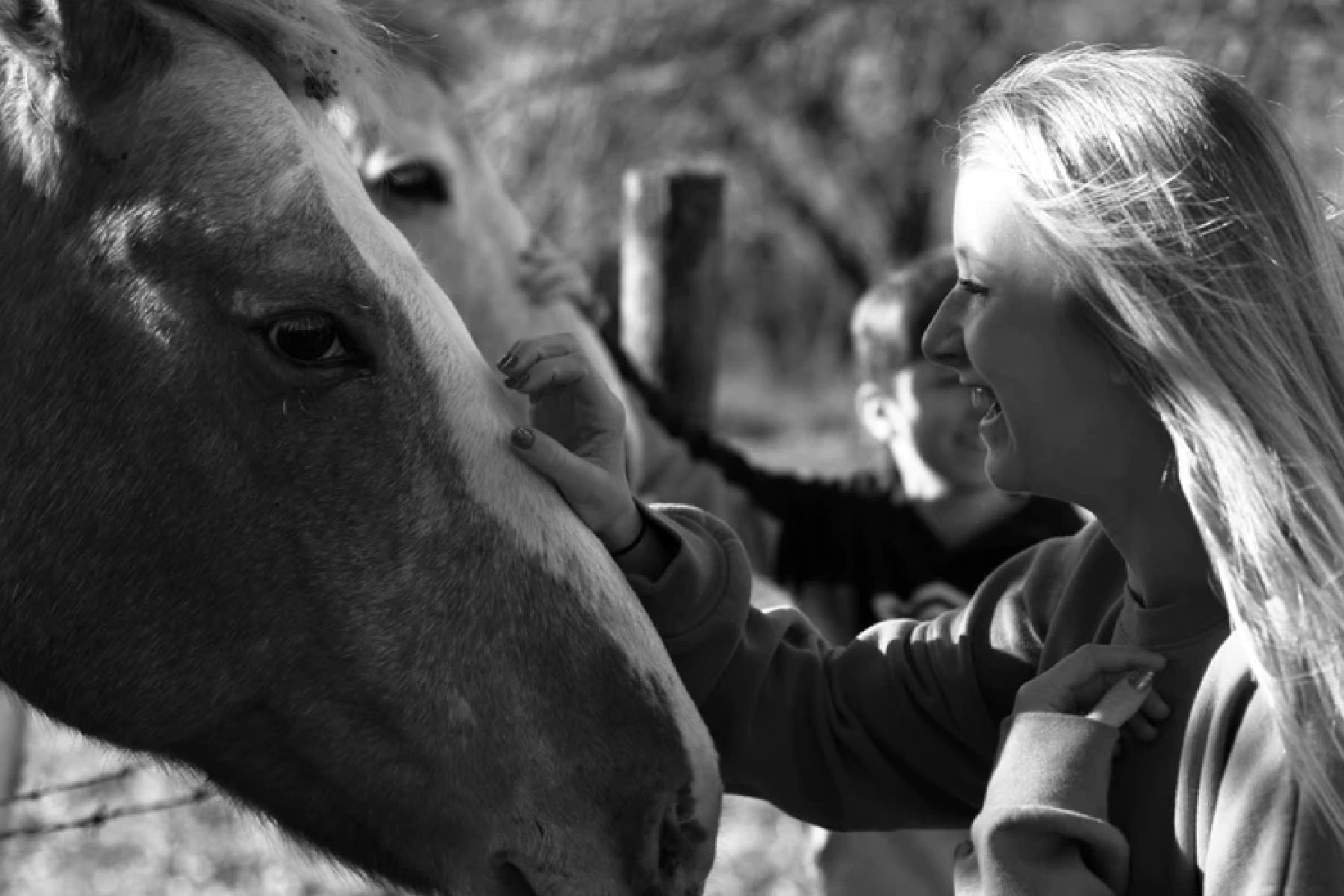
For owners to realize this sooner, a lot has to change in the horse world. It can no longer be viewed as acceptable to beat a living being with a whip, to use a piece of metal in one of the most sensitive areas of the horses body, to strap a piece of dead animal onto their backs and then poke them relentlessly with our legs and other metal objects.
How can it be ok to use this brutishness on another living being? I feel like something must’ve died in us humans for us to be capable of such cruel things – to beat a being that has no chance to fight back as an equal because of the tools we’ve brought to the battle.
We would probably have to start much earlier than when horses have already entered our life. We have to stop the fact that something like this is considered acceptable in our world. We have to prevent our children from suffering the traumas and brainwashing that make them believe it’s acceptable to treat other living beings this way. We have to retrain our eyes to see the pain we are inflicting on the horses. We must stop teaching such methods to current and future generations. We need to raise our voices for the horses, because they can’t speak for themselves in a way most humans will understand.
After taking all the scientific evidences via research and statistics about the extent of pain caused in the horses through riding, their equipment, saddles, etc, but in most cases, we do find that the horse owners try to bring the best fit for their horses yet they cause the internal damage that cannot be realized to humans, they find the best saddles, the softest blankets, the most comfortable girths – but all these contraptions still have one thing in common: they can’t eliminate the pressure that is caused on the horses’ tissue.
Since I can’t condone riding anymore, I’m not sure what to answer here. Riding can cause damage to the horse from the very first minutes of riding. It doesn’t feel right to me to recommend a way to get around stopping the practice of riding our horses. The only way I could think of, was if we invented levitating saddles. But then the problem of us manipulating and conditioning the horse to do something that is only in our interest is still present. As long as we use conditioning and manipulation, we can never be 100% certain the horse would choose to be ridden of her own volition.
I also don’t want to give readers “ready made” excuses to go on the way they are used to. Most people reading this will already find their own excuses for continuing what they are passionate about – and I can understand that. It’s a really hard decision to make for us humans, because we are emotionally attached to riding. Most of us don’t know how to regulate our emotions by ourselves. We’re dependent on the horse’s company to make us feel better and the horse is dependent on us because we’re the ones holding them captive, deciding where they live, who they live with, what they eat, when they eat it, when they move, how they move their body etc.
This issue has always been at the extremes that riding horses is cruel and too demeaning for horses and ethics require that all horses be liberated from their bondage to humans. Today it wouldn’t be possible to return every horse to the wild and know they’d have a good and healthy life.
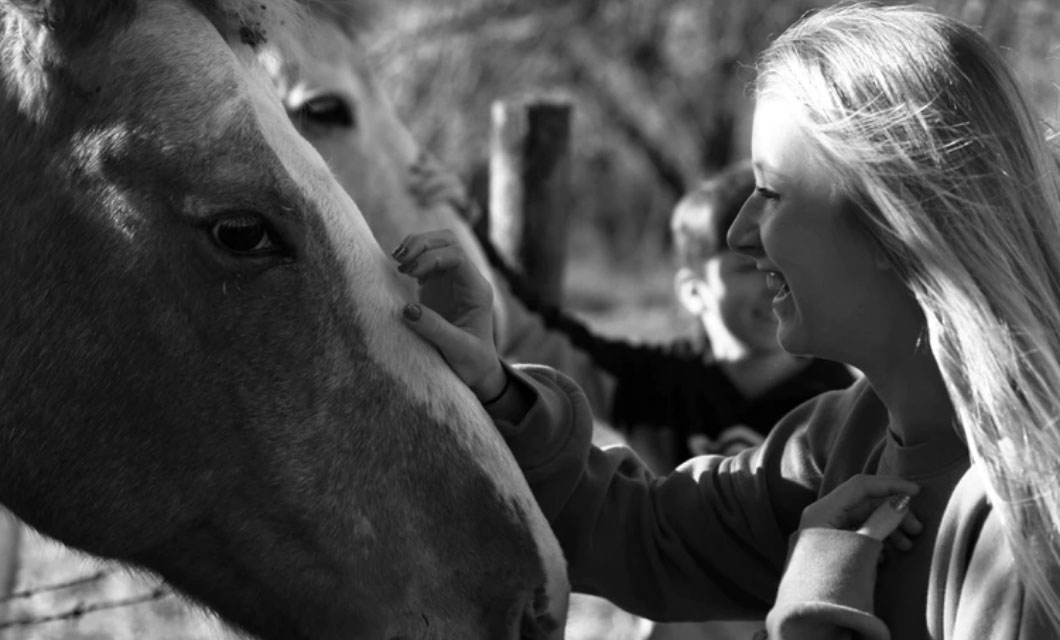
Our horses have been domesticated for hundreds of years – many of them won’t be able to survive if they were released out into the wild. We as humans decided to domesticate them and use them for our purposes – that means it’s up to us to make sure they can live healthy any happy lives. For me this means making sure they have enough space to really roam so they get the movement they need to stay healthy, that they have water and enough food resources to not starve. This also means they need enough space to either naturally wear their hooves or they need to be trimmed by a skilled farrier (hoof care practitioner) regularly.
Nowadays many domesticated horses have illnesses that wild horses don’t have: laminitis, cushings (EMS), equine asthma (heaves), etc. Most of these illnesses were directly or indirectly caused by their domestication i.e. us using horses to our benefit and letting them live in situations that are far from natural for a horse.
Horses have been bred and conditioned accordingly so that we can use them in the way we desire. But even these horses can be given back the possibility to consciously choose what they want and what they don’t want. The well-being of the horse remains the most important factor.
There are horses that had long vocations or got injured in turnout or weren’t brought into the world with immaculate adaptation or different difficulties. Is it an opportunity to get out for these scientific researches more to help in proper horse care management and riding?
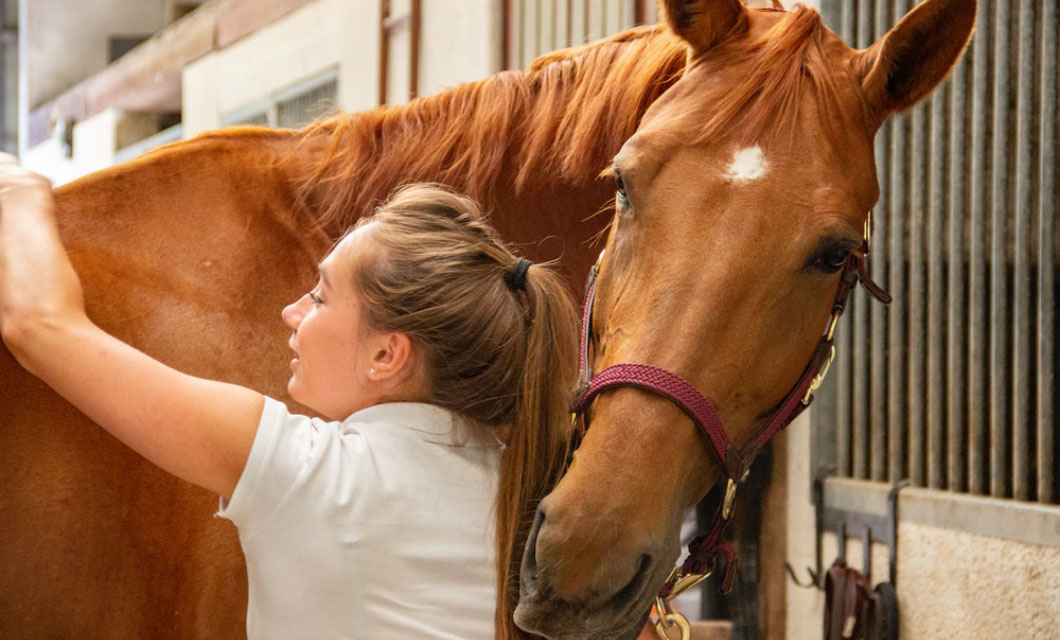
“I’m not going to go into the riding again. As mentioned above, I don’t see a way to make riding acceptable and non-harmful for the horse with what we know today.”
I think a lot more resources should be put into figuring out how to make our horses’ lives as close to what nature intended as possible. This also means getting rid of any sort of stalls and learning the in’s and out’s of creating a healthy herd who can live together peacefully. This also means relearning what our horses really need for nutrition, what kind of spaces they need to move as much as they want and need, what the horses we’ve bred to become even more domesticated need to be comfortable.
When you strip away everything, what is left? I believe that’s what most riders are afraid to find out. I think a lot of horses wouldn’t come to their owners willingly just to do things the human wants if they had free choice, if they weren’t trained and conditioned to do so.
Yes, it’s a scary scenario for us: the ones we love (and need) not reciprocating this love. But is it really love when it’s not given freely?
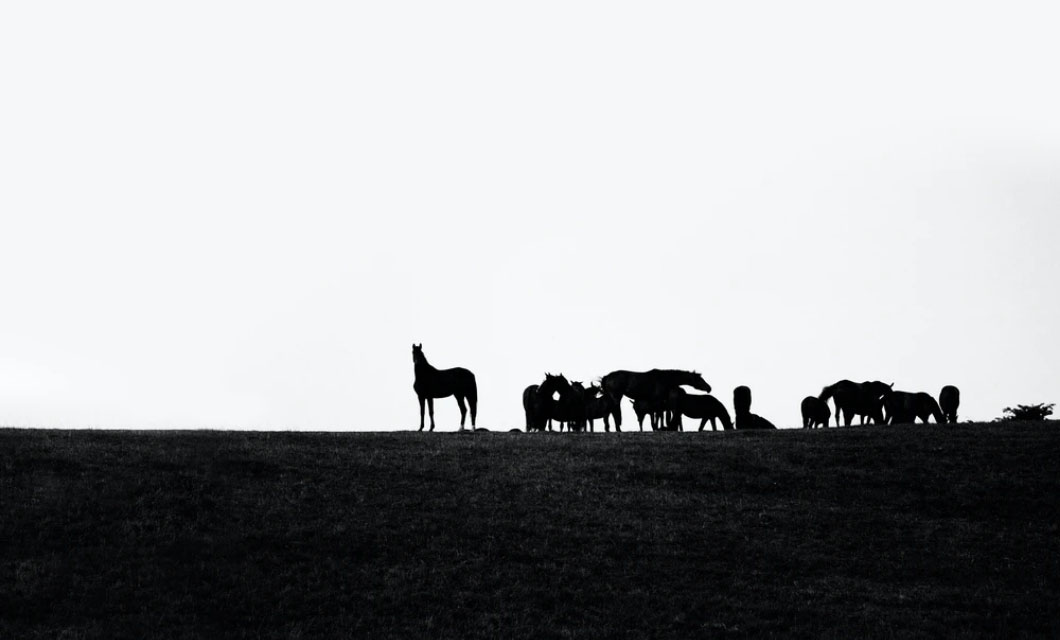
A whole new world can open up for those who embrace this path of being a friend to our horses. Isn’t that ultimately what we yearn for? Unconditional love from a friend, from a partner? Someone who’s there for us no matter what? But isn’t it also important that the horse feels the same way?
Here are some more general notes that don’t answer one question specifically:
We have become aware that we can’t live in two worlds. We can’t manipulate the horse on the one hand using methods of conditioning and on the other hand create a deep and unconditional friendship. In the process we realized that the relationship with the horse has always been the most important thing to us. This is one of many reasons why we had to stop riding. To stop riding means to realize that horses prefer a different form of spending time together, if you genuinely give them a real choice. Training and conditioning conceal the horse’s true feelings to a large degree. Although they are still able to decide for or against something in the context of being together, we limit them very much. If we work with pressure, they want to avoid it. If we work with food, we manipulate them with something that is very important for them. If the food we reward them with was always available for them, we would hardly get them motivated by it.
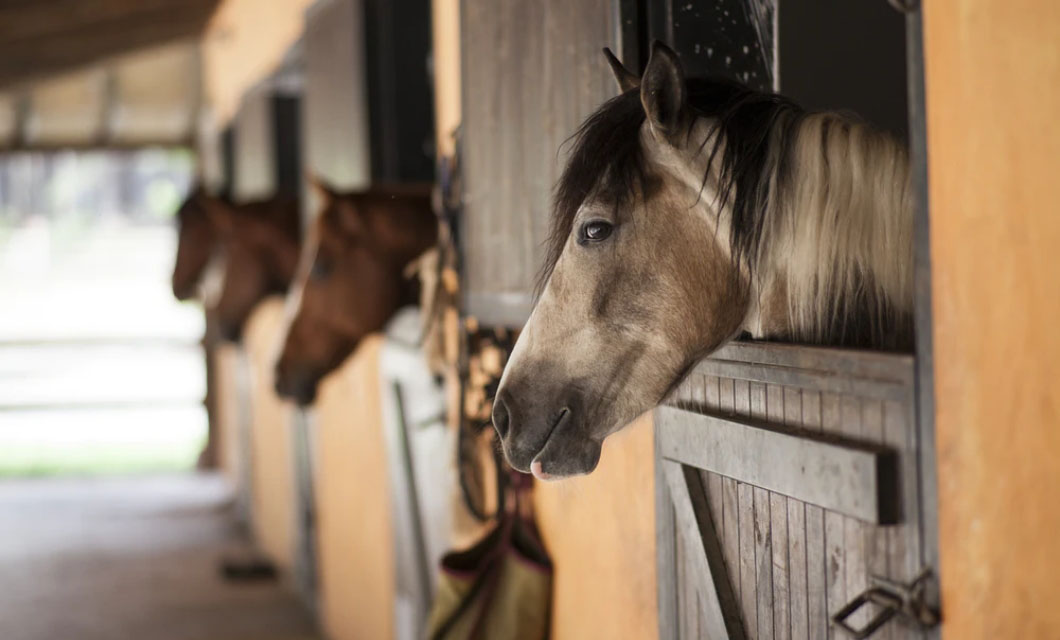
Through the desire to train the horse and make her controllable, we have developed many different training techniques. But all of these approaches are very manipulative and are largely based on human perception. For example, we decide when tapping with a whip is still acceptable and when it is defined as beating. But whether with a lot or a little force, it basically remains the same. If we have a completely untrained horse at liberty out in a big field, she will clearly show us what she thinks of our techniques. But because we feel that she must understand and tolerate this, we teach her to feel “comfortable” with it. We both have used many of these techniques in the past. But the more we learn, the less it makes sense to force the horses to do something for us, just because we have the means to make them do it. We overlook many signs of communication from the horses because we are so busy with our own goals and ideas. The more conditioned a horse is, the harder it can be to decipher what they are communicating. This is because over time they learn that we are usually not interested in what they have to say. They become mentally dulled by this and many horses slip into a state of learned helplessness. But this process is reversible. The more we respect each other and care, the clearer the communication can become. When we are ready to give the horse his own voice back, he will often start to connect with us again of his own free will. On this path we humans will be able to learn a lot about ourselves as well as any other relationships in our lives and a true partnership will be able to develop, which is what most of us have always been looking for, but haven’t found through training. We should not determine the value of a horse by what we can do with it. Every horse is valuable, whether she is ridden or not. Almost all problems that horses have today, mentally or physically, are man-made. Yes, horses can injure themselves in the pasture. But this is mainly because we do not give them the opportunity to live in a truly natural environment. It is the human’s task to constantly look at which problems are real, and which only arise through his actions. Just because we no longer ride or train does not mean that we no longer fulfill our responsibilities. On the contrary. We start to see our responsibility through the eyes of the horses, become their guardians and give them the unconditional love they deserve.

